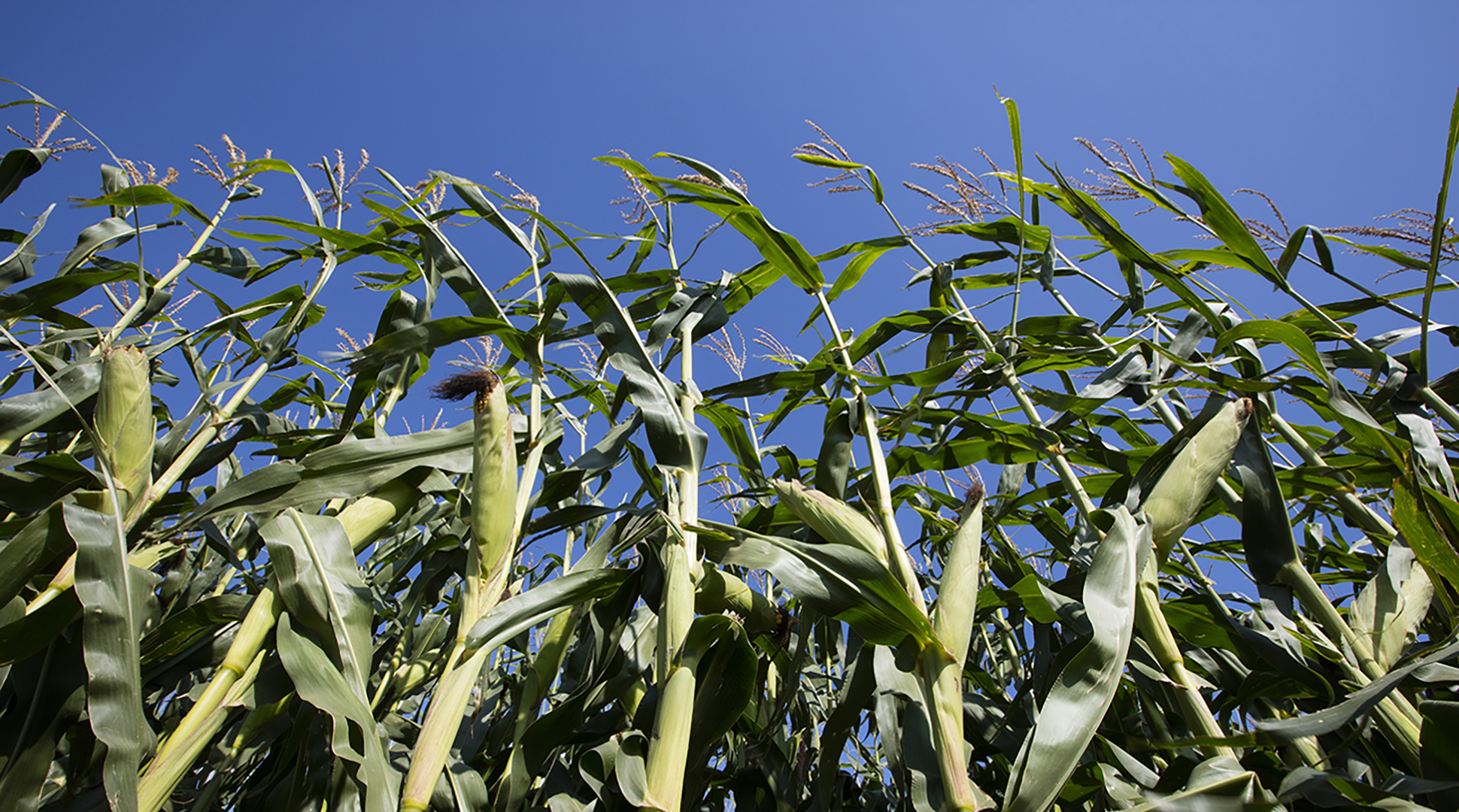Excerpted from GMO Answers
University of Maryland researchers have pulled together forty years of data to quantify the effects of Bt field corn, a highly marketed and successful genetically engineered technology, in a novel and large-scale collaborative study. Other studies have demonstrated the benefits of Bt corn or cotton adoption on pest management for pests like the European corn borer or cotton bollworm in corn or cotton itself, but this is the first study to look at the effects on other offsite crops in North America. By tracking European corn borer populations, this study shows significant decreases in adult moth activity, recommended spraying regimens, and overall crop damage in vegetable crops such as sweet corn, peppers, and green beans. These benefits have never before been documented and showcase Bt crops as a powerful tool to reduce pest populations regionally thereby benefitting other crops in the agricultural landscape.
Bt corn was first introduced and adopted in the United States in 1996 and is a genetically engineered crop (or GE) that makes up over 80% of our current corn plantings. In this study, Dr. Galen Dively, Professor Emeritus and Integrated Pest Management Consultant in the Department of Entomology, and Dr. Dilip Venugopal, UMD Research Associate, use data from 1976 - 2016 to look at trends twenty years before and twenty years after adoption of Bt corn. "Safety of Bt corn has been tested extensively and proven, but this study is about effectiveness of Bt corn as a pest management strategy, and particularly benefits for offsite crops or different crops in different areas than the Bt field corn itself," explains Venugopal.
"This is the first paper published showing offsite benefits to other host plants for a pest like the corn borer, which is a significant pest for many other crops like green beans and peppers," says Dively. "We are seeing really more than 90 percent suppression of the European corn borer population in our area for these crops, which is incredible."
Read the rest of Benefits of Bt corn adoption at GMO Answers.
